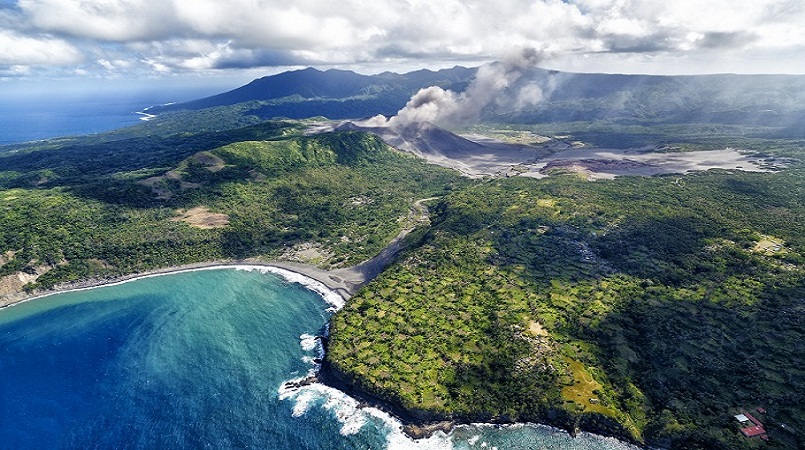
It is critical for the Pacific to adequately recognise and value the opportunities and resilience provided by protecting and restoring natural ecosystems and the services they provide.
This was a key message by the Secretariat of the Pacific Regional Environment Programme (SPREP) and the International Union for Conservation of Nature at the first Oceania Ecosystem Services Forum in Brisbane held 27-31 March 2017.
Pacific island people rely heavily on ecosystem services and natural resources to support their national economies and community livelihoods.
Today, these same ecosystems are under threat from climate change and other stressors such as population growth, natural disasters, deforestation, pollution, and unsustainable management of natural resources.
In highlighting the ecosystem approach for social-ecological resilience and climate change adaptation, SPREP's Director of Biodiversity and Ecosystem Management, Mr Stuart Chape said "Ecosystem services are vitally important for resilience and sustainable development across a whole suite of economic and social agendas in Pacific island countries and territories.
"While most Pacific islands are implementing climate change adaptation programmes, only a limited number explicitly address ecosystem approaches and their implementation, including the assessment of ecosystem services as a basis for long term resilience to climate change impacts.
"It is now time for a paradigm shift in the way Pacific island governments and communities value and use ecosystem services as a key response to climate change adaptation.
It is time to scale up the ecosystem approach and integrate it into landscape scale and whole of country implementation, which is a critical part of the design of the coastal resilience framework developed by SPREP and its partners." Mr Chape added.
At a workshop organised by SPREP and International Union for the Conservation of Nature (IUCN), IUCN Oceania's Strategic Partnerships Adviser, Ms Solstice Middleby highlighted that the new framework for addressing coastal resilience for the Pacific Islands will underpin the design of a full programme proposal for support through the Green Climate Fund (GCF).
"The extensive services and benefits our marine and coastal ecosystems provide to our people and nations cannot be overstated, nor can the risks they face. We need to focus on every opportunity we have to use our ecosystems for climate change adaptation.
"IUCN and SPREP are working with seven Pacific islands countries to use the new framework to take ecosystem based adaptation approaches to scale in the region.
"The Pacific is a resilient region and we believe a well-designed intervention at scale could ensure that coastal and marine ecosystems can be maintained and continue to provide livelihood, cultural and economic services but contribute significantly, along-side other adaptation investments, to increased climate resilience for our people."
The sharing of the framework concept at the forum provided an opportunity for a broader audience to provide constructive feedback into the concept which is currently under development.
Photo By: © Stuart Chape Tanna Island, Vanuatu.
